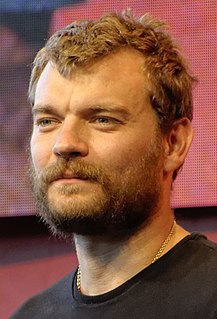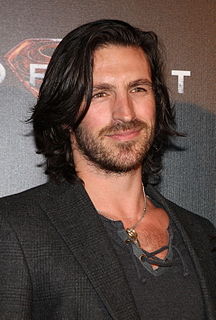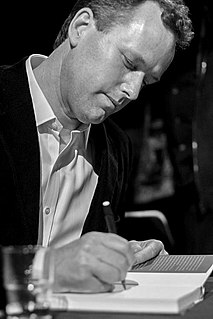A Quote by Jill Lepore
I always just wanted to be a writer, not necessarily a particular kind of writer.
Quote Topics
Related Quotes
When I finally got my break in TV, as a staff writer, I always wanted to be at the top of that pyramid. I always wanted to make the decisions. I always wanted to be the one that was saying, "This is what the show is, and this is what the show is not. This is where we're going. It's going to be this kind of series." It was just something I always had my eye on, when I started in the business.
Oh, I love labels, as long as they are numerous. I'm an American writer. I'm a Nigerian writer. I'm a Nigerian American writer. I'm an African writer. I'm a Yoruba writer. I'm an African American writer. I'm a writer who's been strongly influenced by European precedents. I'm a writer who feels very close to literary practice in India - which I go to quite often - and to writers over there.
Of course I'm a black writer... I'm not just a black writer, but categories like black writer, woman writer and Latin American writer aren't marginal anymore. We have to acknowledge that the thing we call "literature" is more pluralistic now, just as society ought to be. The melting pot never worked. We ought to be able to accept on equal terms everybody from the Hasidim to Walter Lippmann, from the Rastafarians to Ralph Bunche.








































